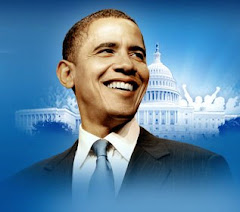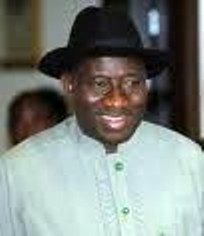On October 1, 1960, Nigeria gained its independence from the United Kingdom. The new republic incorporated a number of people with aspirations of their own sovereign nations
Newly independent, Nigeria's government was a coalition of conservative parties: the Nigerian People's Congress (NPC), a party dominated by Northerners and those of the Islamic faith, and the Igbo and Christian dominated National Council of Nigeria and the Cameroons (NCNC) led by Nnamdi Azikiwe, who became Nigeria's maiden Governor-General in 1960.
Forming the opposition was the comparatively liberal Action Group (AG), which was largely dominated by the Yoruba and led by Obafemi Awolowo. The cultural and political differences between Nigeria's dominant ethnicities, the Hausa ('Northerners'), Igbo ('Easterners') and Yoruba ('Westerners'), were sharp.
Newly independent, Nigeria's government was a coalition of conservative parties: the Nigerian People's Congress (NPC), a party dominated by Northerners and those of the Islamic faith, and the Igbo and Christian dominated National Council of Nigeria and the Cameroons (NCNC) led by Nnamdi Azikiwe, who became Nigeria's maiden Governor-General in 1960.
Forming the opposition was the comparatively liberal Action Group (AG), which was largely dominated by the Yoruba and led by Obafemi Awolowo. The cultural and political differences between Nigeria's dominant ethnicities, the Hausa ('Northerners'), Igbo ('Easterners') and Yoruba ('Westerners'), were sharp.
An imbalance was created in the polity by the result of the 1961 plebiscite. Southern Cameroon opted to join the Republic of Cameroon while northern Cameroon chose to remain in Nigeria. The northern part of the country was now far larger than the southern part. The nation parted with its British legacy in 1963 by declaring itself a Federal Republic, with Azikiwe as its first president. When elections came about in 1965, the AG was outmanoeuvred for control of Nigeria's Western Region by the Nigerian National Democratic Party, an amalgamation of conservative Yoruba elements backed heavily by the Federal Government amid dubious electoral circumstances

